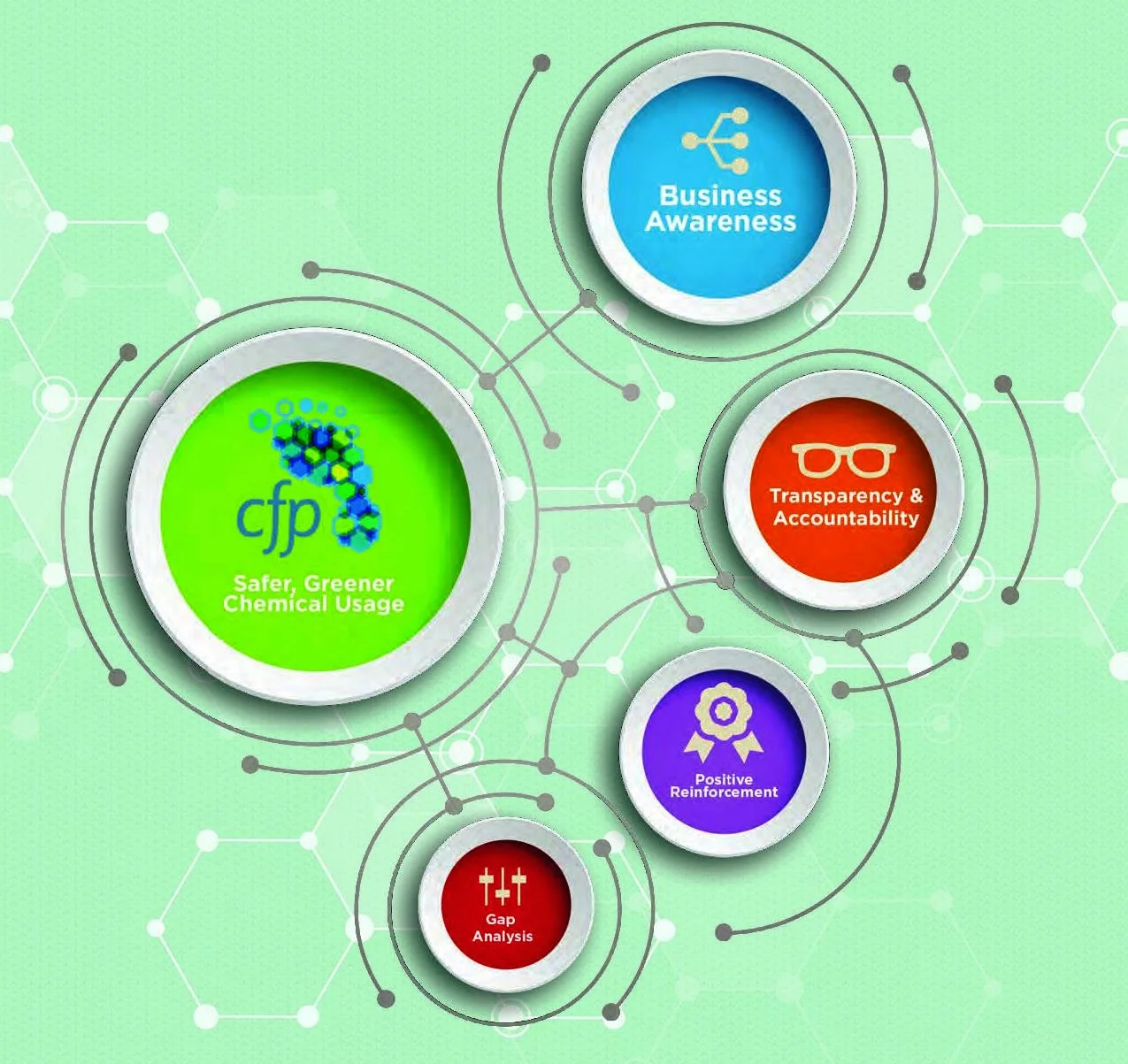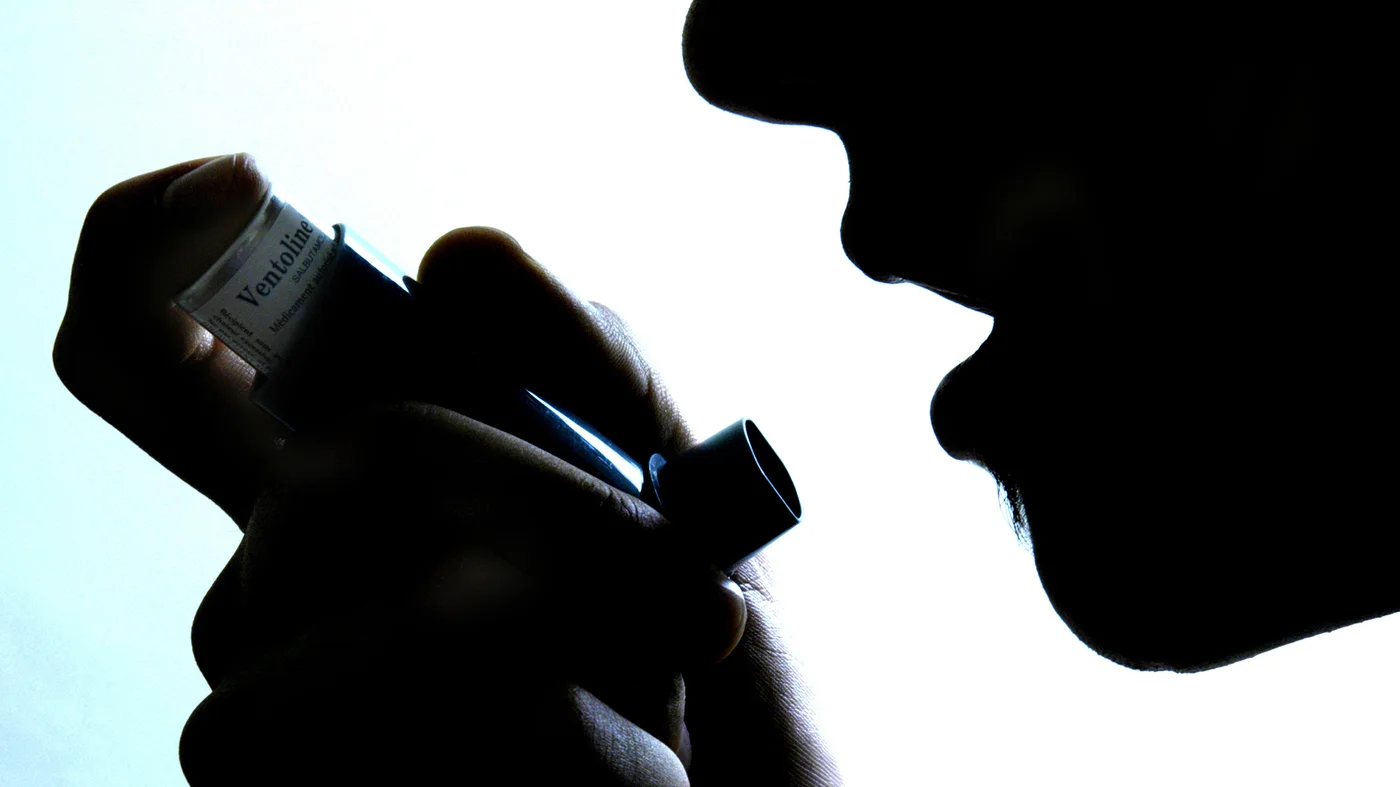Companies have a direct responsibility to reduce the harm these contaminants cause before their products hit the marker in the first place by reducing reliance on toxic chemical use.
The mission of the Chemical Footprint Project is to transform global chemical use by measuring and disclosing data on business progress to safer chemicals.
In a recent study, a team of epidemiologists found that sperm counts among men in the United States, Europe and Australia have declined by more than 50 percent.
Aiming towards a plastics system that works, The New Plastics Economy applies the principles of the circular economy, bringing together key stakeholders to rethink and redesign the future of plastics, starting with packaging.
The Ellen MacArthur Foundation and The Prince of Wales’s International Sustainability Unit have recently launched a new $2 million prize, called the "New Plastics Economy Innovation Prize", it calls on innovators, designers, scientists, and entrepreneurs to help create packaging that keeps plastics out of our oceans.
The DJSI have begun to track corporate chemicals management, and specifically which companies are taking action against hazardous chemicals in their products and supply chains.
"We're actually doing something we rarely do, which is announcing a goal before we've completely figured out how to do it"
Everywhere I go companies ask me about alternatives to hazardous chemicals. “Where can I find them?” they ask. I recall one person at a recent meeting dubbing safe alternatives “the Holy Grail of chemicals management” with the rest of the audience nodding their heads in agreement.
New York is set to be the first state in the US to require mandatory disclosure of ingredients in cleaning products, and to identify chemicals of concern used in formulations.
Nowhere is safe from plastic it seems, least of all a tiny South Pacific island 5000 kilometres from the nearest human occupation that has the highest density of washed-up plastic rubbish known anywhere in the world.
Green chemistry is key to reducing waste and improving sustainability. But what is it exactly?
The detrimental affects of single-use plastic bags are environmentally and economically alarming. South Australia, Tasmania, the ACT and the Northern Territory have independently introduced strict measures. Yet, WA and the eastern seaboard states, where most of Australia’s population lives, remains slow to change.
According to recently published UN document pesticides are not only having a tremendously negative impact on the environment, but also on our health with 200,000 people dying from the toxic exposure of pesticides per year around the world
A new peer-reviewed study conducted by UK academic journal Lancet Diabetes & Endocrinology has studied how particular endocrine-disrupting chemicals interfere with the function hormones.
The Victorian Government has called an inquiry into plastic consumption and plastic pollution. There will be a seven-day period where public consultation will play a potentially pivotal role in positively altering policy.
Longtime environmental advocate and United Nations Ambassador of Peace, Leonardo DiCaprio will star in the documentary Before the Flood, a rousing call to action that aims to galvanize viewers to do whatever it takes to save the planet.
The issue of ethical fishing is becoming increasing concerning with large trawlers unnecessarily wasting significant potions of the daily catch. Michelin-star chef Dan Barber presents a unique solution with a engrossing anecdote.
ABC Catalyst piece focused on the ubiquitous presence of chemicals in our everyday existence and one of the most concerning revelations was the impact particular chemicals have on our endocrine system.
With Alan Kohler joining the board as non-executive director, The Future Business Council continues to grow and evolve as leaders for change that will shift Australia’s economy in favour of more sustainable, innovative and ethical business models
The US Food and Drug Administration (FDA) has effectively banned various chemicals in antibacterial hand soap, citing concerns that antibacterial hand soaps can have damaging repercussions to the human immune system.
According to the Australian Institute of Food Safety, in Australia there are around 5.4 million cases of food poisoning each year resulting in an average of 120 deaths. Scientific case studies and subsequent research papers have asserted that “electrolysed water is highly effective in reducing or eliminating foodborne pathogens on kitchen boards and various food products, such as fish, poultry, fruits and vegetables, on which it reduced populations of pathogens to undetectable levels”.
Using household cleaning sprays and air fresheners has been linked to an increased risk of asthma by an international team of researchers.
In October 2015, England introduced a 5p (8c AUD) tax on plastic bags part of a government scheme to reduce litter and positively impact the environment. Six months later, plastic bag usage has dropped by around 80% and remains static.
Boyan Slat is determined to filter rubbish waste from our oceans with his innovative project The Ocean Cleanup
A salmonella outbreak in Northern Territory has affected approximately 80 people around Australia. A published peer-review scientific study has previously highlighted the efficacy of electrolyzed water in preventing salmonella contamination on produce.
Science Minister Greg Hunt has emphatically instructed the CSIRO to concentrate on reviving climate research. The new strategy puts the focus back on climate science and includes 15 new climate science jobs and research investment worth $37 million over 10 years.
The Guardian Green Chemistry Conference in NYC will discuss the current state of the green chemistry industry and share ideas for increasing its innovations and widespread adoption.
Since it’s inception, ChemSec argued in favour of tighter controls on chemicals and has actively pressed for stricter chemical regulation in the EU, publishing analyses which contradicted industry estimates of the economic impact of chemical legislation.
The Chemical Footprint Project has seen companies like Levi Strauss & Co., Walmart, and Johnson & Johnson participating in a first-of-its-kind effort to publicly benchmark corporate chemical management.
The US Senate and House are yesterday reached an agreement on an overhaul of US chemical safety laws. A revised bill could give the US Environmental Protection Agency (EPA) the authority to immediately begin a risk evaluation of any chemical it designates as high priory.































